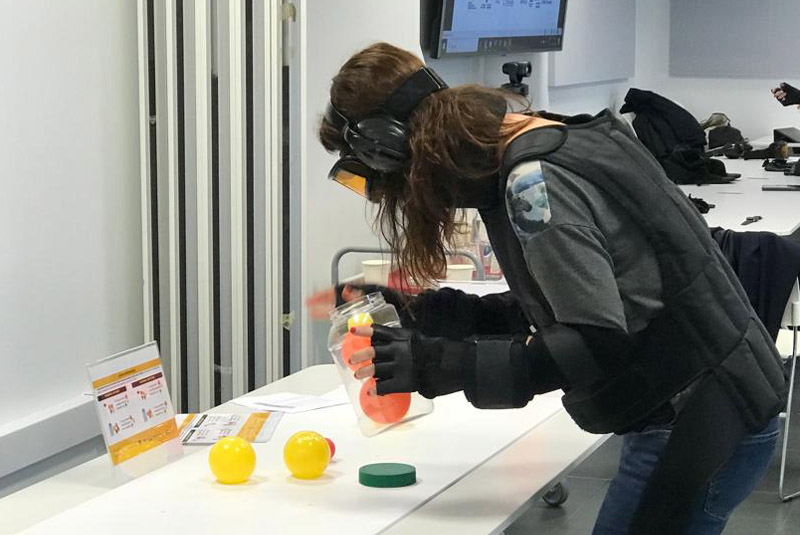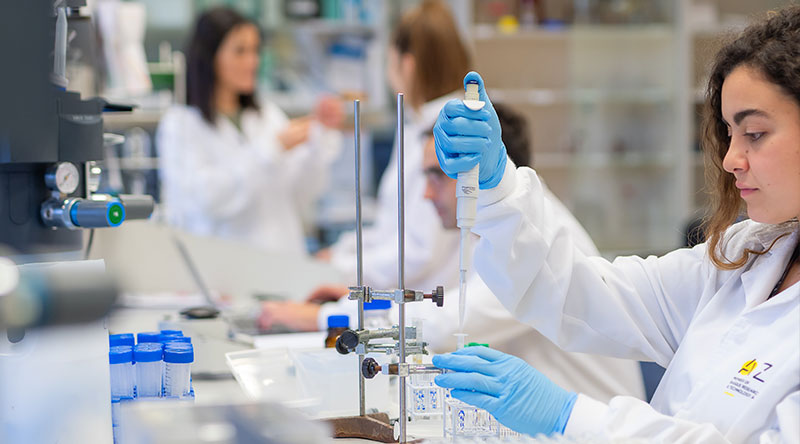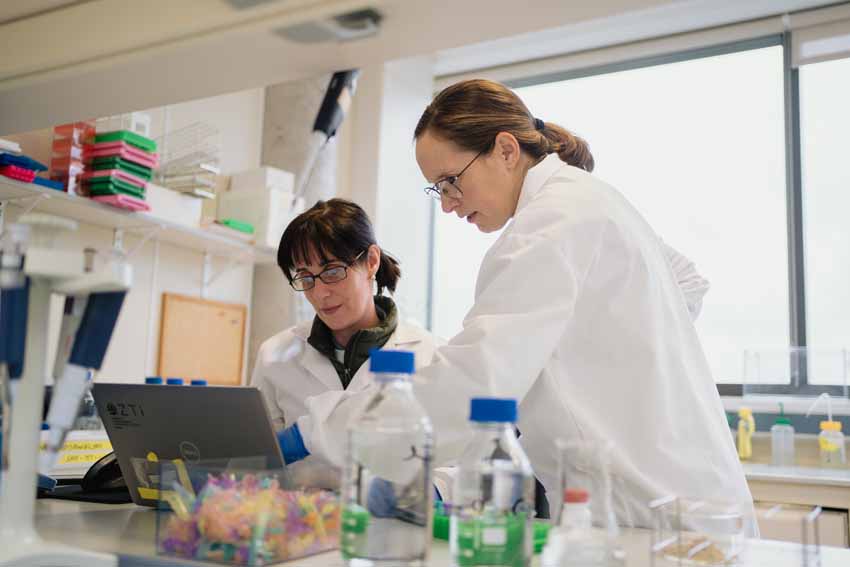Health and well-being at AZTI: a constant priority
Últimas noticias
A pioneering genetic catalogue reveals hidden biodiversity in Basque estuary sediments
Uhinak Technical Committee Sets the Key Points for the 7th International Congress on Climate Change and the Coast
“We fishermen are the ones who earn the least”
PEDRO MONZÓN. Coordinator of Occupational Health and Wellbeing at AZTI
At AZTI, we believe that the well-being of our team is essential to achieving excellence in our research and technological development activities. Our commitment to health is not an imperative, but an overall priority, a commitment not only to the individuals at AZTI, but also to the future of the society in which we live and grow in research and technological application.
The AZTISaludable initiative is a holistic strategy designed to promote healthy habits and positive relationships among the people who make up the AZTI family. In this initiative, we use the latest knowledge to promote a healthy and sustainable ecosystem.
In recent years, we have worked on numerous actions to improve occupational health through innovation as part of AZTISaludable.
Índice de contenidos
Raising awareness and promoting health
We did not want to stop at textbook health surveillance, where the most important thing is to comply with the medical examination and the epidemiological study for the shelf. At AZTI, we have gone a step further in the field of occupational wellbeing and have recently worked on various epidemiological analyses with a retrospective approach, highlighting the existence of health problems in people, such as osteo-muscular and cardiovascular diseases. On the basis of these studies, we have been able to design specific interventions aimed at proactively preventing and improving people’s health throughout their working lives.
Our proposals always take into account the diversity of roles and people, as well as the evolution of different capacities (functional, cognitive, sensory, etc.). In this sense, we are actively working to respond to the challenges posed by the ageing of the population and its impact on the workplace, focusing not only on prevention and continuous improvement of the environment, but also on the specific characteristics of our employees.
One of our most innovative programmes is the workshop ‘The Machine of Time at AZTI‘. This initiative aims to raise awareness of the impact of ageing on our personal and professional abilities. Through the use of age simulation suits, we encourage participants to feel and understand the physical limitations that can come with time, and encourage them to adopt practical and empathetic approaches to lead a healthy lifestyle, resulting in a better quality of life to enjoy.
Our workshops also measured advanced biomarkers, such as advanced glycation endproducts (AGEs), which provide valuable information about cardiovascular risk in AZTI people, enabling more personalised health and wellness intervention strategies.

Personalised nutrition for well-being at work
At AZTI, we know that good nutrition is a key factor in people’s health, including at work. For this reason, one of the star actions implemented as part of AZTISaludable was a personalised nutrition programme for male and female workers. The Lipiwell Company programme, developed by AZTI’s Food and Health Department, offers precise nutritional solutions based on scientific analysis and adapted to each person’s metabolism.
The programme provided personalised dietary recommendations and fatty acid supplementation (if needed) for each individual. This was based on a blood test that analyses fatty acids in the membranes of red blood cells. In addition, this programme included body composition measurements using bioimpedance to monitor lean and fat mass throughout the programme, consultation with a professional dietician to track goals, provide recipes, advice and weekly menu suggestions.
This personalised programme has been shown to be effective in improving the quality of life of participants, reducing the risk of chronic disease and improving body composition and nutritional habits.







